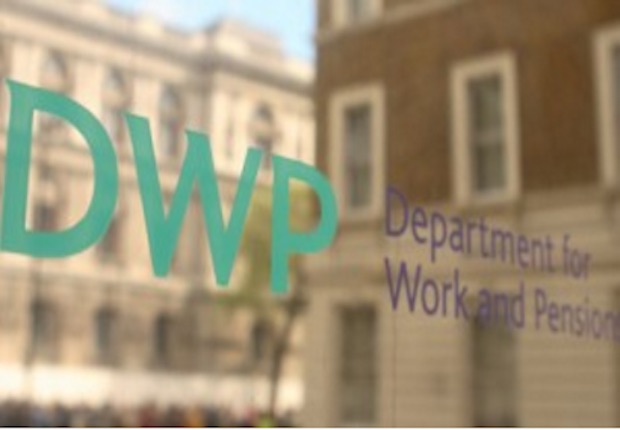
The Department for Work and Pensions (DWP) has launched a consultation into the sustainability of defined benefit (DB) pension schemes in the private sector.
The green paper, Security and sustainability in defined benefit pension schemes, poses consultation questions around four key areas: employer contributions and affordability; member protection; consolidation of DB schemes; funding and investment. It will also consider strengthening the powers of The Pensions Regulator (TPR), and how to strike the right balance between the needs of pension scheme members, sponsoring employers, and the Pension Protection Fund (PPF).
The consultation seeks views on whether there is a case for making special arrangements for pension schemes and sponsors in certain circumstances, such as increased flexibilities for stressed sponsors or a different regime for employers which can afford to pay more. This includes measures to encourage employers with significant resources and DB deficits to repair those deficits more quickly, and if there are any circumstances in which employers could renegotiate DB pensions and reduce accrued benefits.
The consultation also asks whether the government should encourage, incentivise or mandate the consolidation of smaller DB schemes into larger vehicles to reduce risk, whether more should be done to help members understand the funding position of their pension scheme, and whether there are adequate investment options available on the market.
The consultation, which seeks the views of employers, trustees, pension professionals and members of DB pension schemes, will remain open to responses until 14 May 2017.
Richard Harrington, minister for pensions, said: “People need to have confidence in their pension and it is vital that they feel they are secure. With recent high-profile cases highlighting the risks inherent in defined benefit pensions, we want to ensure that these important pension schemes remain sustainable for the future and that the right protections are in place for members. Over the coming months we’ll be working closely with the pensions industry, employers and scheme members to see what more can be done to increase confidence in defined benefit pensions.”
John Wilson, head of technical at JLT Employee Benefits, said: “We welcome the publication of the government’s much awaited green paper on the security and sustainability in defined benefit pension schemes. With the prospect of millennials being the first generation to have worse pensions than their parents, the chance to debate and address the intergenerational unfairness of legacy DB pension schemes is an opportunity not to be missed. However, as the document is very light on details, the government isn’t giving a clear indication of the direction of travel.
“This means that, more than ever, the pressure will be for all stakeholders, including employers, trustees, members, policy makers and the pensions industry, to act together and explore the options for achieving a lasting DB settlement. The solutions discussed should be in support of all schemes, not just those already in distress.”
Steve Webb, director of policy at Royal London, added: “This must be one of the ‘greenest’ green papers in living memory. Despite months of public debate led by the Select Committee and the pensions industry, the government’s own thinking does not seem to have advanced significantly. Given the years that can elapse between floating ideas in a green paper and implementing them on the ground, the lack of firm proposals is disappointing. Even in the area of trying to avoid a repeat of the BHS fiasco, the green paper is remarkably timid on the idea of giving the regulator more power to challenge takeovers which could damage a pension scheme.
“The most worrying proposal is to allow certain schemes to ‘suspend’ annual pension increases if money is tight. With rising inflation, annual indexation is an important part of protecting the living standards of the retired population. There is a significant risk that relaxing standards on inflation protection with the best of intentions for exceptional cases could be exploited and lead to millions of retired people being at risk of cuts in their real living standards.”